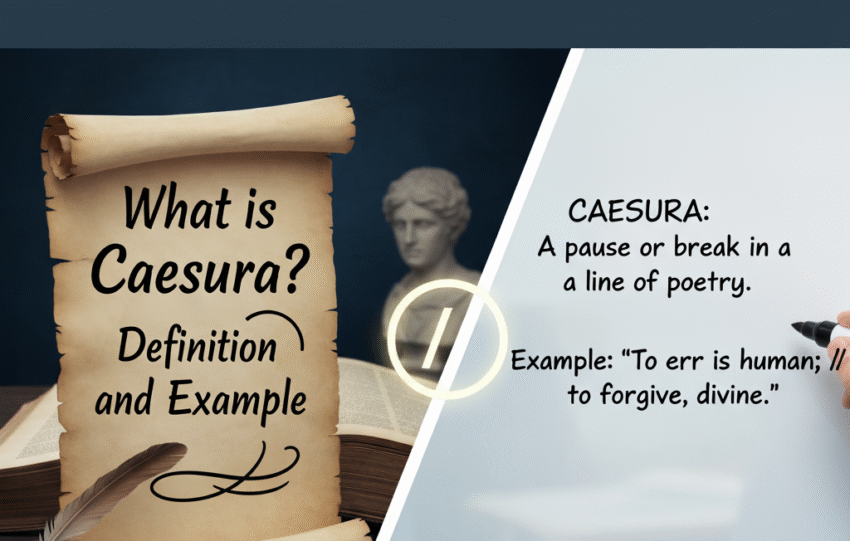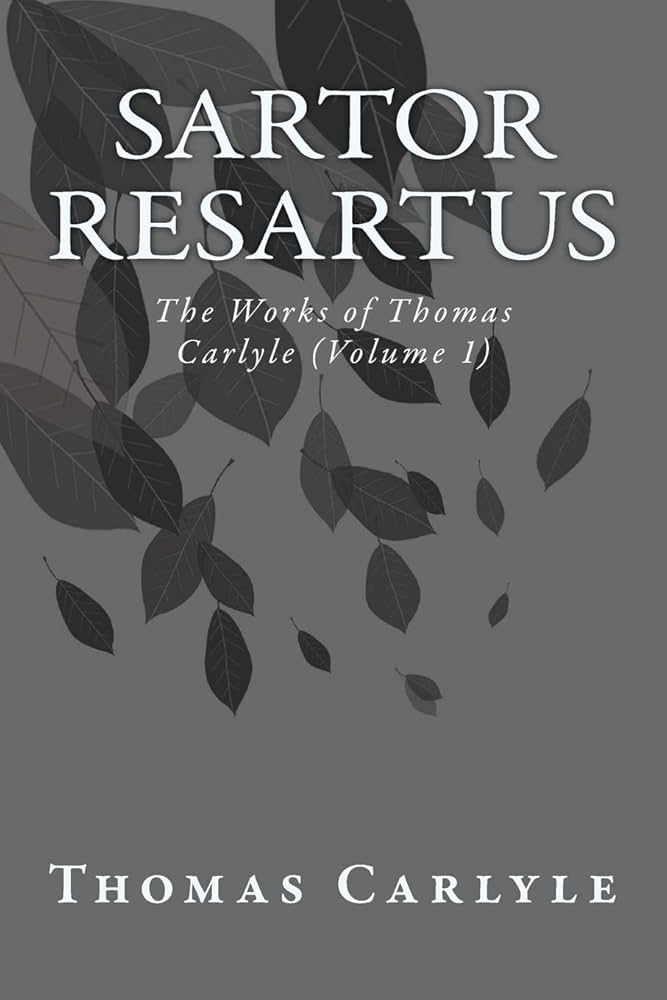
Discuss the concept ‘Oedipus complex’ by Sigmund Freud
The concept ‘Oedipus complex’ was introduced by Sigmund Freud in his book Die Traumdeutung (1900), translated as The Interpretation of Dreams (1913). Here, Freud relates that in his clinical experience, the child’s relationship to its parents is the major determinant in the psychical lives of his more neurotic patients. This idea occurred to him a few years earlier during self-analysis. As he reports in a letter to his friend Fliess, in analyzing his affection for his mother and jealousy of his father he was reminded of the Sophocles play Oedipus Rex (429 BC), which he thought could only continue to be so affecting some 2,500 years after it was written because its thematic concerns are universal. Freud elaborated this claim on the individual subject and human society.
The story of the Oedipus myth, on which Sophocles based his play, is as follows: King Laius of Thebes learns from an oracle that his son will kill him. Thinking to avert this fate, he binds his son’s feet (hence his name, which means swollen feet) and then orders his wife, Jocasta, to kill him. Unable to do so, she orders a servant to carry out the evil deed. Still, instead, he abandons the child in the fields where he is discovered by a shepherd who passes him to a fellow shepherd from Corinth who takes the infant back to his land where he is raised in the court of King Polybus. As an adult, Oedipus also goes to an oracle and is told that he will marry his mother and kill his father. Hoping to avoid his fate, he leaves Corinth and meets his biological father on the road to Thebes, as fate would have it. The two men argue, and Oedipus duly kills his father. He continues on his way to Thebes. Thebes is under the spell of the Sphinx, who has cursed the city. He solves the Sphinx’s riddle, thereby lifting the curse, and is rewarded with the Kingship over the town and the hand of its recently widowed Queen, namely his biological mother. The prophecy is thus fulfilled, but at this point, none of the characters in the play is aware of this fact. When they finally learn the truth of what has transpired, Jocasta hangs herself, and Oedipus blinds himself and goes into exile.
According to Freud, this myth resonates strongly with everyone because it tells the basic story of childhood development, at least from the boy’s perspective. Psychoanalysis holds that all children develop a love attachment to the parent of the opposite sex and a corresponding rivalry with the parent of the same sex; thus, the little boy loves his mother and wants to usurp his father. What the story narrates is, in effect, object choice, but it also teaches compromise, or what Freud called the reality principle. In 1910, Freud would describe this conflicted desire as the ‘Oedipus complex’, thus inscribing the myth at the center of his thinking and teaching. This phrase has since passed into widespread usage, which has not always been to the advantage of psychoanalysis because many people find it absurd or repugnant (Freud himself defended against such reactions by saying they just proved his point because the myth would not provoke such outbursts if it were not revealing an inner truth). At first, Freud thought this desire had to be literal, but he realized it could also be enacted symbolically. Freud initially confined the ‘Oedipus complex’ period to children under the age of 5, but he later modified his thinking and allowed it to continue beyond the age of 5.
Also read: Discuss Tennyson’s Tithonus as an instance of the dramatic monologue




